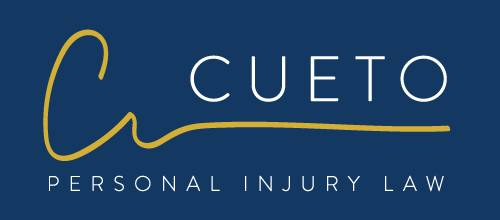LGBTQ Students and a Hostile Learning Environment
Have you ever walked in the halls of a school and wondered why there are so many safe space signs? Sadly we live in a world where LGBTQ children often face a hostile learning environment. We hope to explain here what a hostile learning environment is and when parents should be concerned.
What is a Hostile Learning Environment?
A hostile learning environment is not a phrase often heard. It’s more common to hear the phrase hostile work environment. However, the two can have some similarities.
Both have
- A situation of discrimination occurring and creating a harmful setting
- Intimidating environment creating fear
- A culture that denies, limits, or interferes with someone’s ability to gain benefits from a job, program, or school
For more details on a hostile learning environment, check out this blog post.
A hostile learning environment is a toxic place that makes it impossible for students to learn and denies them access to education.
It’s often an indication of discrimination.
LGBTQ Students and a Hostile Learning Environment
If a child is being exposed to a hostile learning environment because they belong to a protected class, that is discrimination.
An example of this would be if a child is being bullied by students or teachers because of their sexual orientation and the school takes no steps to resolve the situation, that would be considered a violation of a student’s civil rights.
As organizations that accept federal money, schools are legally required to comply with all federal civil rights laws.
That means they cannot discriminate against someone because they belong to a protected class. Protected classes include
- Race
- Gender
- Gender Identity
- Sexual Orientation
- Religion
- Ethnicity
- Disability
- National Origin
- And More
For more information on federal civil rights laws and bullying, click here.
How do I know if it’s Discrimination?
Spotting discrimination can be hard in this day and age. Social norms have forced it to become subtler than what might be depicted on television or in the media.
That is why we at Cueto Law compiled a list of signs of discrimination that is available to anyone for free.
Click here to download your copy!
We also offer free consultations to discuss the specifics of your case. Call us at 618-277-1554 to speak to one of our attorneys!












